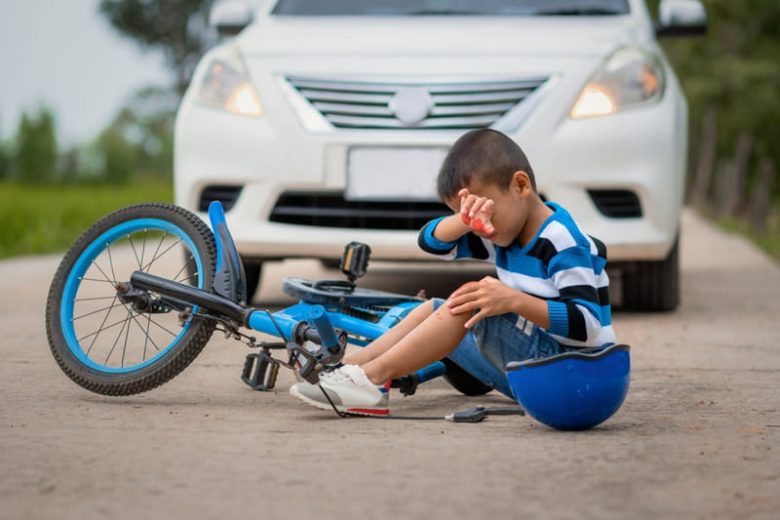Feel guilty after your child’s accident? You’re not alone. Learn why it happens, how to cope, and when to seek advice.
There’s a moment that plays on repeat. Your child falls. There’s a bang, a cry, the rush of panic. Even if it wasn’t your fault, something in your stomach twists, and that feeling has a name: guilt.
It’s a familiar one to many parents.
We all know accidents happen. We say it to each other in playgrounds, GP waiting rooms, and via WhatsApp chats. It’s different, though, when it’s your child and you were there. When you were meant to be watching – or maybe you were watching and you still couldn’t stop it.
Why do Parents Blame Themselves After a Child’s Accident?
It’s simple: we care. Because we think it’s our job to stop every scrape and stumble. Because that voice in our head says, “I should’ve seen that coming.”
It’s easy to feel guilty when something happens at a soft play area, on the school run, or in the back garden. And that guilt doesn’t always go away when the bruises fade.
What if they’d hit their head a bit harder?
What if I’d parked somewhere else?
What if I hadn’t looked at my phone for that one second?
These are the thoughts that keep parents awake at night. But guilt isn’t the same as fault.
When Accidents Are Caused by Negligence – What Parents Should Know

Sometimes, accidents aren’t just bad luck. They happen because someone didn’t perform their job adequately. Perhaps they didn’t fix a broken gate, didn’t supervise an activity, didn’t clean a floor that should’ve been clean.
In such situations, parents often feel a complex mix of guilt, helplessness, and anger. You feel responsible, even though deep down you know someone else was.
This is where it can be helpful to talk to someone who understands the legal side of things — not in a “let’s sue someone” kind of way, but simply to gain a clearer understanding of where you stand. You don’t need to have decided to make a claim. Sometimes it’s just about asking, “Was that normal? Should that have happened?”
How to Cope with Parental Guilt After a Child Injury
The hardest thing about this sort of guilt is how quietly it sits. People around you might say, “Kids bounce back,” or “It wasn’t your fault,” but those words don’t help.
What helps more is someone saying, “You’re not mad for feeling this way. A lot of parents do.” And it’s true, too. There’s a growing body of research that reveals just how common it is for parents to carry anxiety, experience sleep problems, or even suffer from post-traumatic stress, long after the child’s injury came and went.
None of this means you’re broken. It just means the incident had an impact — and that impact deserves attention.
Whether that means talking to a mate, seeing your GP, or just being honest with your partner about how you’re feeling about what happened. The key is not to keep it bottled up!
If Someone Else Was at Fault, Is It Okay to Ask Questions?

You might never have imagined yourself ringing a solicitor. But if the accident to your child happened because someone else didn’t do what they should’ve done, getting advice is just common sense. It doesn’t have to lead to a claim. It might, though, help you understand the options you (and your child) have.
At Mooneerams Solicitors, we’ve spoken to many parents in your shoes. The stories change, but the feelings are usually pretty much the same, with guilt and anger being at the forefront.
We listen. We explain things simply, and we take it from there with absolutely no pressure brought to bear from us on you.
What to Do If You’re Struggling With Guilt After Your Child Had an Accident
We all try to protect our kids. That instinct doesn’t vanish when something goes wrong. It’s often when we feel we’ve failed that instinct kicks in even harder.
So, if you’re carrying guilt after your child’s accident — whether it happened at school, out and about, or somewhere they should’ve been safe — know this:
You’re not to blame for everything.
You’re doing your best.
And if you need someone in your corner, we’re here.

